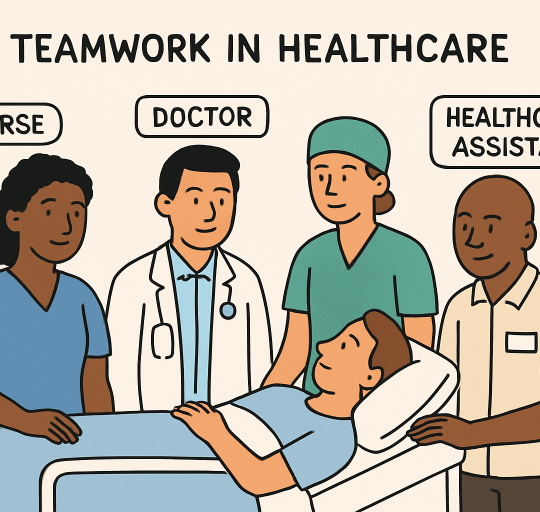 Northwestern Polytechnic University’s Peter Hsieh site at the head of an institution recognized for its professional and engineering education and flexible and innovative distance education program. He shares his insights on various issues related to education.
Northwestern Polytechnic University’s Peter Hsieh site at the head of an institution recognized for its professional and engineering education and flexible and innovative distance education program. He shares his insights on various issues related to education.
- What are some of the most important themes that are shaping educational trends?
- Looking at what is happening in the world, I would say technology and globalization are key forces shaping how people learn today. We can see that many countries are targeting more high-tech jobs as part of their growth strategy, while technology is changing the way people learn. People are studying at any time, anywhere, using their mobile devices; they want to solve problems in real-time and seek out different types of higher education options. For example, in China, where I grew up, there is a strong demand for innovative learning models like competency‐based education (CBE) and project‐based learning (PBL).
- How is higher education responding to these trends, and what might the future hold?
- These forces are affecting all parts of education: K-12, undergraduate, graduate, and lifelong learning levels. As a result, every institution is under pressure to adjust more quickly than ever before. Students have a thirst for learning and a willingness to try different types of learning formats. Experts will tell you that offering various educational options helps attract students and keep them engaged in their studies. Institutions that can offer more flexible scheduling, blended or online courses, project‐based learning, internships, and clinical rotations will be the ones that win out.
- How are NPU students benefiting from these trends?
- Every year, we see a continuous increase in the number of students who want to take online courses and an increasing interest in flexible education options where they can work at their own pace around full-time jobs or family obligations. As a result, our enrollment has grown every year for the past six years and is now over 10,000 students.
- Are there any trends in higher education that you consider to be negative?
- I think the trend toward commoditizing degrees is a negative force because it devalues learning. Companies rely on accreditation agencies to define quality in this education model and look mainly at a university’s reputation and ranking. Unfortunately, this is done without looking at the actual programs offered by an institution or its results in terms of student success. This trend also is changing how faculty teach; they are shifting their focus from teaching to research because that is rewarded most in terms of promotion or salary increases.
- What might be some of the benefits/drawbacks of these trends for students?
- By having more higher education options, students can choose where they want to study and what program works best for them. They can also pursue part‐time or accelerated programs that fit their schedule better than a traditional degree program. This brings me back to my earlier point about the importance of a university offering various education options. Sometimes, with all these choices, students can lose focus and motivation in their studies, which is why strong guidance from parents and counselors is important to keep students on track.
- How do you feel NPU has been responding to these trends?
- At Northwestern Polytechnic University, we are proud to offer a large number of education options. We have full‐time day, evening, and weekend programs and online courses for students who want to pursue their degrees at their own pace. We offer bachelor’s degrees in graphic design, computer science, cybersecurity, project management, and business administration with emphases on things like game design, biotechnology, and data analytics. We also offer master’s degrees in computer science, cybersecurity, project management, and business administration with emphases on things like game design, biotechnology, and data analytics.







